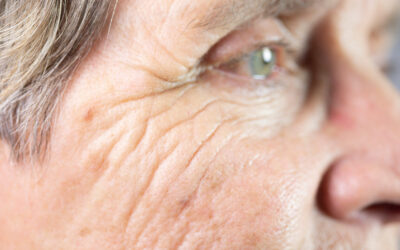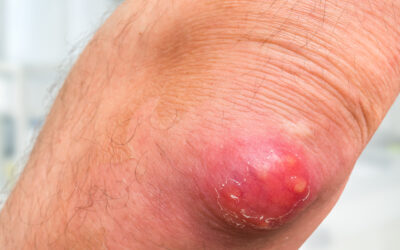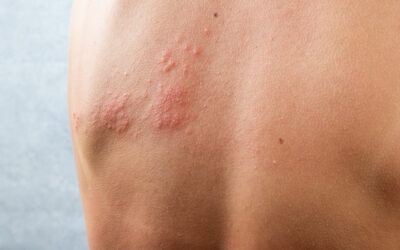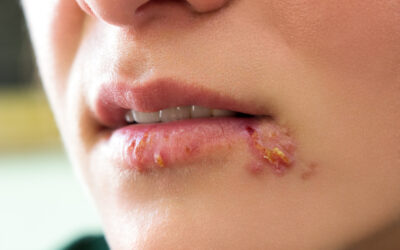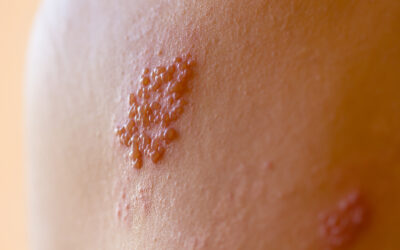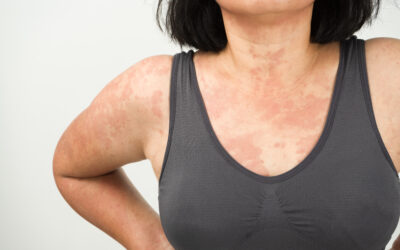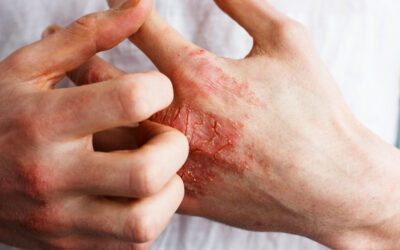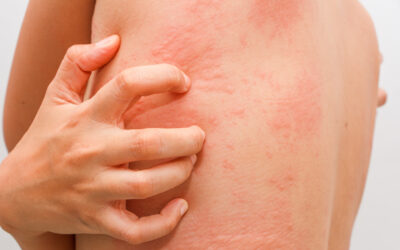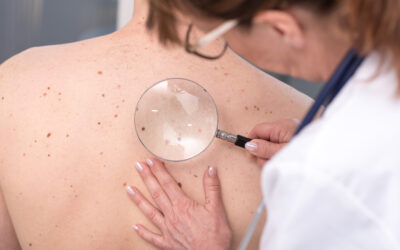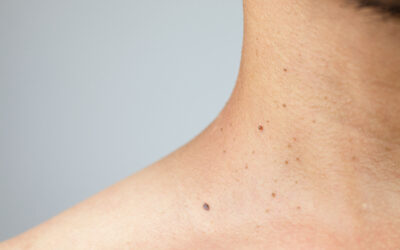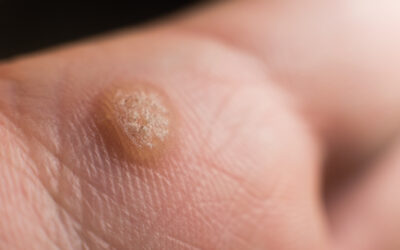General Dermatology Services
At Lake Washington Dermatology, our Board-Certified dermatologists are experts in evaluation, diagnosis, and surgical and nonsurgical treatment of a variety of skin diseases. We provide compassionate care for people who have dermatologic injuries or skin conditions, relieving symptoms and helping them achieve their best possible health.
Our dermatologists evaluate, diagnose, and treat people with common and complex diseases and injuries affecting the skin, hair, nails, and mucous membranes. We offer the full spectrum of diagnostic techniques, treatments, procedures, and advanced medical technologies.

Acne
What to Know About Noticing & Treating AcneWHAT’S THE CAUSE? Acne is a disorder of the sebaceous glands ("oil glands"). It typically starts when rising hormone levels...
Actinic Keratosis
What to Know About Actinic KeratosisYou have surely seen an actinic keratosis. The name may be unfamiliar, but the appearance is commonplace. Anyone who spends time in the sun...
Boils
What to Know About BoilsWHAT’S THE CAUSE? A boil is a skin infection that begins in a hair follicle or oil gland, often through a germ that enters through a small nick or cut in...
Contact Dermatitis
What to Know About Contact DermatitisDermatitis and eczema are terms that are often used interchangeably. These conditions can be classified as acute or chronic. Dermatitis is...
Cysts
What to Know About CystsWHAT’S THE CAUSE? A cyst is a closed sac under the skin filled with material. That material may be liquid, soft or hard (calcified and scarred). They can...
Fungal Infections
What to Know About Fungal InfectionsFungal infections are caused by fungi. Fungi are widespread in our environment and come from spore bearing plants that have no chlorophyll....
Herpes
What to Know About HerpesTreating Herpes Herpes is an umbrella term for a group of several contagious viral infections. The most common types are known as herpes simplex Type 1...
Herpes Zoster (Shingles)
What to Know About Herpes Zoster (Shingles)TREATING HERPES ZOSTER (SHINGLES) The same virus that causes chickenpox causes herpes zoster or shingles. Once the virus is contracted,...
Hives
What to Know About HivesWHAT’S THE CAUSE? Hives are also known as urticaria, welts, or wheals. Hives are characterized by a red, raised, itchy skin rash. Hives can be caused by...
Moles
What to Know About MolesEvaluating and Treating Moles Moles, or nevi, are growths on the skin that develop when pigment cells (melanocytes) grow in clusters. Most adults have...
Nail Abnormalities
What to Know About Nail AbnormalitiesNail changes can be caused by a variety of conditions, including psoriasis, fungal infections, trauma, tumors, and ingrown nails....
Psoriasis
What to Know About PsoriasisPsoriasis is a complicated and persistent skin disease that got its name from the Greek word for "itch." The skin can become inflamed, with thickened...
Rashes
What to Know About RashesHealthy skin provides a barrier between the outside environment and the inside of your body. Rashes are often caused by contact with an allergen or a...
Rosacea
What to Know About RosaceaRosacea is a widespread but poorly understood chronic (long-term) skin disorder that affects more than 16 million Americans. There is no cure for...
Skin Cancer Overview
What to Know About Skin Cancer OverviewTreating Skin Cancer One in five Americans will develop some type of skin cancer over the course of their lifetimes. With early detection...
Skin Tags
What to Know About Skin TagsTreating Skin Tags A skin tag is a small flap of tissue that hangs off the skin by a connecting stalk. Skin tags are not dangerous. They are usually...
Warts
What to Know About WartsTREATING WARTS AND MOLLUSCUM Warts are a common skin infection. They are caused by the human papillomavirus (HPV). This virus gains entry to the skin...


